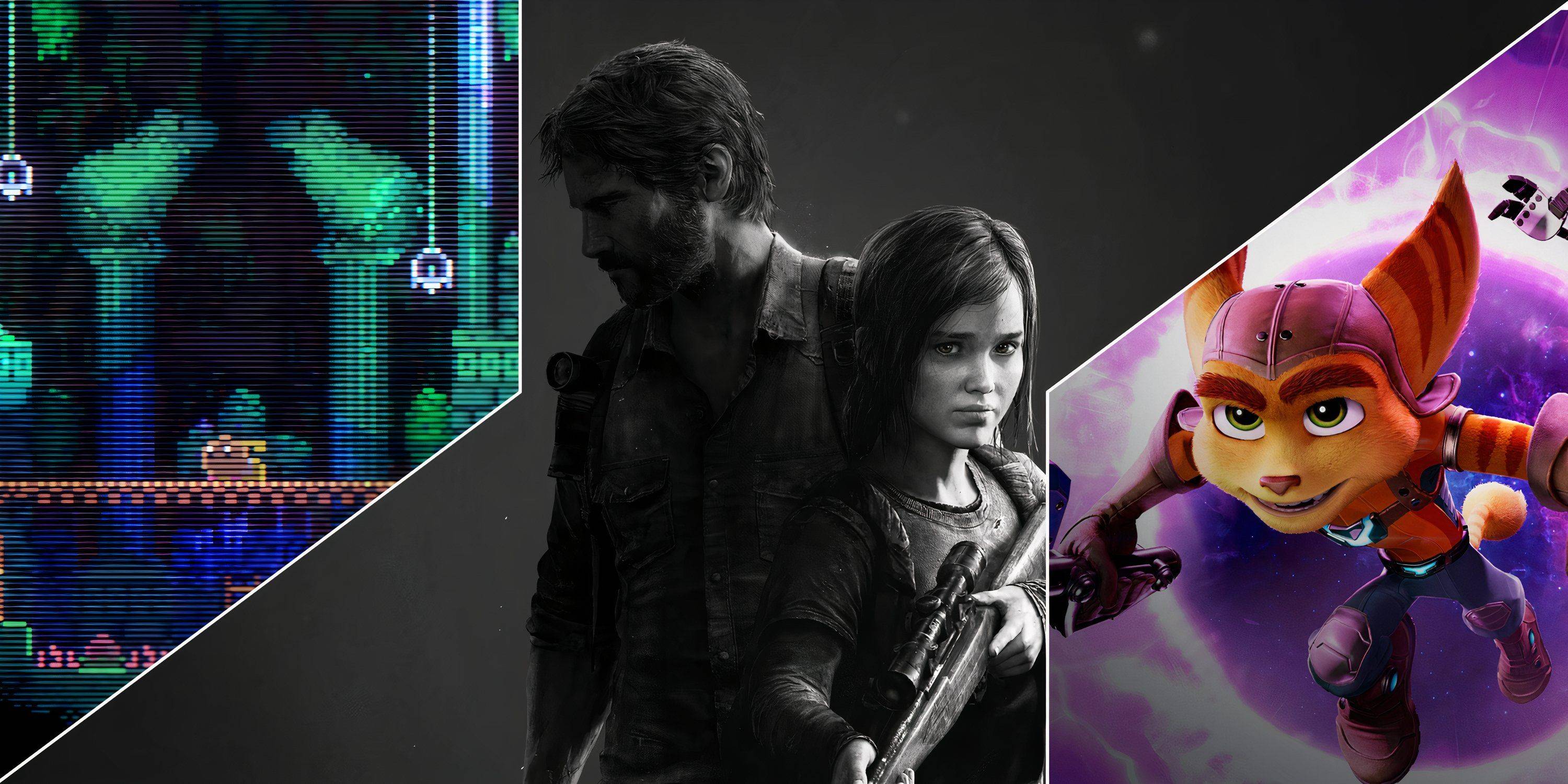As the costs of video game development continue to escalate, major publishers are turning to innovative solutions like generative AI to streamline processes and reduce expenses. Capcom, a renowned game developer behind titles like Monster Hunter: World and Exoprimal, is at the forefront of this trend. In a recent interview with Google Cloud Japan, Capcom's technical director, Kazuki Abe, shared insights into how the company is leveraging AI to generate the "hundreds of thousands" of ideas necessary for crafting intricate in-game environments.
Abe highlighted that one of the most challenging aspects of game development is the sheer volume of unique ideas required. For instance, even mundane objects like televisions need distinct designs, logos, and shapes. "Including unused ones, we ended up having to come up with hundreds of thousands of ideas," Abe noted. This process traditionally involves creating multiple proposals for each object, complete with illustrations and textual descriptions to effectively communicate the concepts to art directors and artists.
To address this, Abe developed a system that utilizes generative AI to analyze various game design documents and generate ideas autonomously. This not only accelerates the development process but also allows the AI to refine its output through self-feedback. The prototype, which incorporates advanced AI models like Google Gemini Pro, Gemini Flash, and Imagen, has garnered positive feedback from Capcom's internal development teams. Implementing such AI models could lead to significant cost reductions and enhance the overall quality of the game.
While Capcom is currently experimenting with AI primarily for generating ideas, other critical aspects of game development, such as gameplay mechanics, programming, and character design, remain firmly in human hands. This approach underscores a balanced integration of AI, where it serves as a tool to augment rather than replace human creativity and expertise.
The use of AI in game development is not unique to Capcom. Other industry giants like Activision, with its reported sale of an "AI-generated cosmetic" for Call of Duty: Modern Warfare 3, and EA, which considers AI "the very core" of its business, are also exploring similar technologies. These developments reflect a broader industry shift towards leveraging AI to tackle the rising costs and complexities of game development.
 Home
Home  Navigation
Navigation






 Latest Articles
Latest Articles










 Latest Games
Latest Games




![Chubby Story [v1.4.2] (Localizations)](https://imgs.xddxz.com/uploads/85/1719638042667f981a5e9f8.jpg)

![Zia – New Version 0.4 [Studio Zia]](https://imgs.xddxz.com/uploads/47/1719569268667e8b74e6004.jpg)




